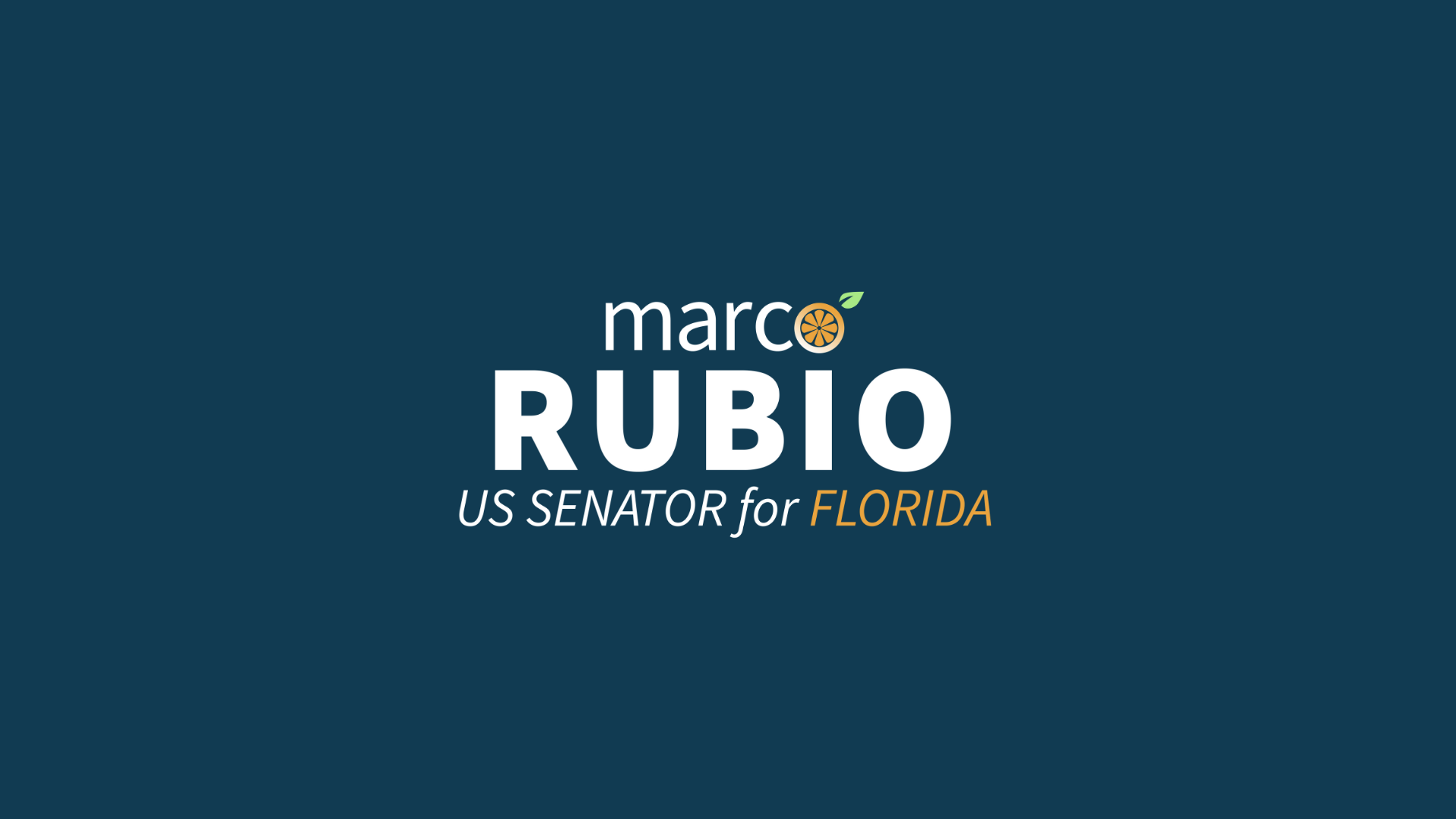Source: United States Senator for Florida Marco Rubio
Washington, D.C. — U.S. Senator Marco Rubio (R-FL) joined News4Jax Morning Show to discuss the Supreme Court nomination hearing of Ketanji Brown Jackson, the latest on Russia’s invasion of Ukraine, and how NATO may choose to proceed. See below for highlights and watch the full interview here.
On the nomination hearing for Kentaji Brown Jackson to the Supreme Court:
“When it comes to a Supreme Court nominee, really it isn’t whether we like the person, most of the people that are nominated to the Supreme Court are not just likable but also incredibly intelligent, very talented, and have great personal stories, and that’s certainly the case here. She actually ended up going to high school, graduated a year ahead of me, from a rival school just down the street from mine, so it’s a story that is familiar to me. I don’t know her personally except for our meeting but I like her very much as a person. She’s clearly incredibly intelligent and has a very inspiring story. You have to separate that from what I believe a Supreme Court Justice’s job is.
“I believe their job is to apply and interpret the Constitution of the United States according to its original meaning and to the original, plain text, and what it meant to the people who wrote those words. I need to look and see in her record, not just her word, but her record, whether she has a history of doing that. In particular, if she understands that the role of the Supreme Court is to be a trier of law. Meaning to apply the law, irrespective of whether you agree with the outcome or not, and not to try the facts, which is what a trial court does. In my meeting with her, we talked about that a little bit. I wasn’t surprised [by her answers] but I didn’t get a lot… I expect she’ll do very well and be treated very respectfully. I anticipate she will be confirmed because she’s got the votes for confirmation. For me, it’s going to be difficult to be supportive, but I don’t want to state that just yet because I do want to see the entire hearing and see what comes of it.”
On the NATO response to the Russia-Ukraine conflict:
“The NATO response right now is working. In terms of you see that Ukraine has now been able to retake [territory] and go on defense. All of that is because of the supplies that continue to flow into the country. They’ve received an extraordinary amount of supplies and continue to put them to good use.
On a no-fly zone:
“It’s not that I don’t want a no-fly zone, I’d love to have a no-fly zone, the problem is a no-fly zone isn’t some FAA declaration or ruling you put out there. To have a no-fly zone you have to go into Russia and Belarus to knock out the surface to air missiles, basically attack Russia, and then you have to shoot down Russian planes. You’ll have a few of your own planes shot down as well because their air missile systems are pretty advanced. This is not Syria, Iraq, or Afghanistan. People need to understand the no-fly zone equates to war between the United States and Russia, whether or not we want to call it that.”
On Putin’s destruction of Mariupol and other Ukrainian cities:
“That’s exactly what Putin’s new strategy now is: to lay siege to five or six key cities; try to capture the coastal north, because he definitely wants to turn the Black Sea into a Russian lake; and then lay siege, encircle a bunch of other cities — including Kyiv — pound them with artillery and mortar fire and some strategic air weaponry, until he believes he’s developed enough leverage to force Ukraine into a negotiated settlement that includes forfeiting lands like Crimea and the Donbas, putting neutrality in their constitution, demilitarizing.”
On the possibility that Putin will deploy chemical weapons:
“Understand that if [Putin] believes that some humiliating loss in Ukraine will endanger his grip on power and his government stability, he’s capable of doing things that are unimaginable, even beyond what he’s already done.
“As far as our response, we’ll have to wait and see exactly what it is we’re talking about, but some of these chemical or biological agents don’t respect borders. It can spread across borders and impact neighboring countries, including members of NATO, like Poland, and at that point, the equation becomes different. I won’t speculate on what the response will be, but there will have to be one.”
